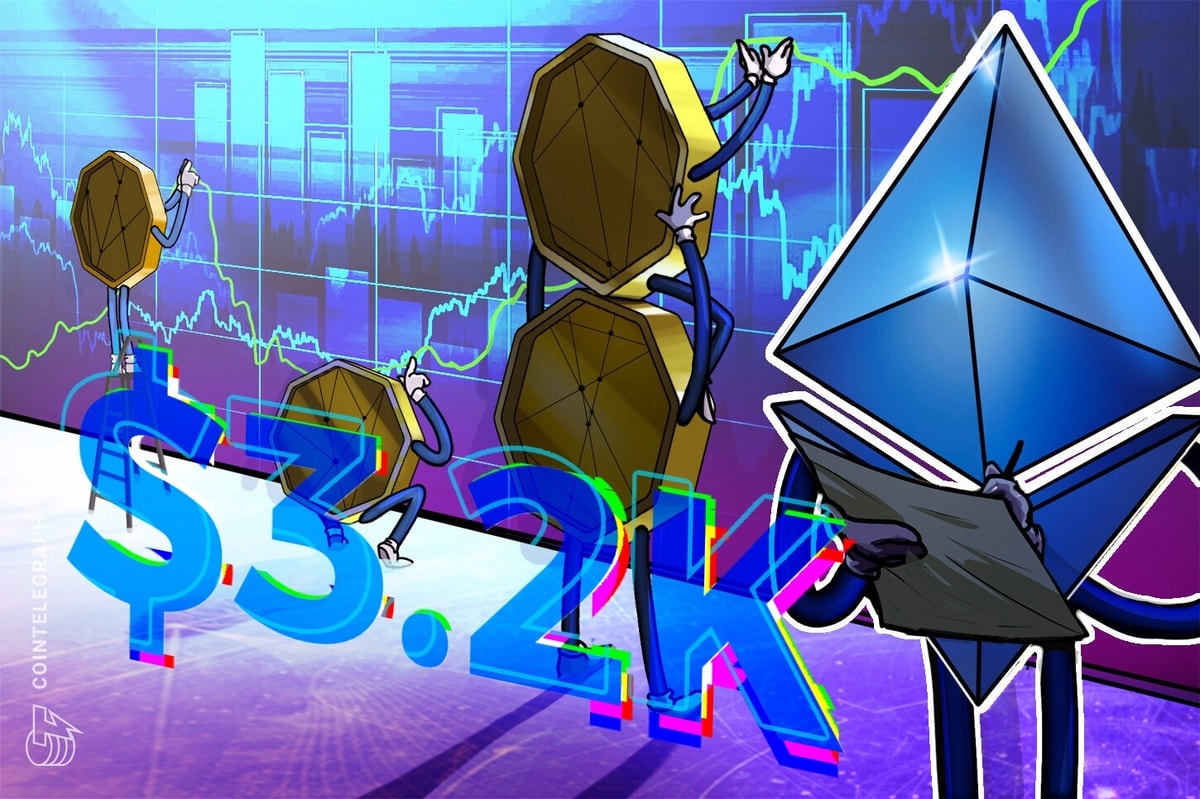Crypto enthusiasts are wrong to target Gary Gensler
5 min read
The animus of the entire crypto world is focused on Securities and Exchange Commission Chair Gary Gensler.
Critics argue that he paints cryptocurrencies with too broad a brush. They argue that he gaslights well-meaning entrepreneurs by encouraging them to “come in and register,” knowing his process is set up for them to fail. They argue he knows new rules are needed but prefers to enforce impractical rules in order to stifle the industry altogether. And, of course, under his leadership, the SEC filed an enforcement action against Coinbase, arguing several top coins, including Polygon’s MATIC (MATIC), Solana’s SOL (SOL) and others are securities largely because their issuance involved capital formation, despite their necessity in operating underlying networks.
And it’s not just naysayers in the peanut gallery. The campaign is costing the United States dearly. Venture capital investment in the U.S. crypto industry has fallen this year compared to the European Union. America is losing its lead, and time is of the essence.
The MiCA effect
The share of VC investment into European crypto projects is up almost 10x in one year – from a share of 5.9% in Q1 2022 to 47.6% in Q2 2023.
Regulatory clarity attracts capital & entrepreneurs from around the world. Great development for crypto in Europe! pic.twitter.com/kUVp3rwlg3
— Patrick Hansen (@paddi_hansen) May 9, 2023
The cynical explanation for Gensler’s position is political. Gensler taught a course on blockchain at MIT and is on tape explaining how not all tokens are securities, so he presumably understands the nuances of digital assets. Rather, he is playing dumb to implicitly support the agenda of Massachusetts Senator Elizabeth Warren, who is mobilizing an “anti-crypto army” and has been informally deputized by the administration of President Joe Biden to define crypto policy. If Biden wins the presidency again, perhaps this will help Gensler earn an appointment as Treasury secretary.
In response, lawmakers are piling on with bills proposing to fire him. Representatives Warren Davidson and Tom Emmer introduced the “SEC Stabilization Act,” which proposes removing Gensler and restructuring the agency to make it less partisan.
Intermediaries for investment contracts are required to comply with securities laws & register with @SECGov.
Instead, many crypto platforms are contending that their investment contracts are something else.
The law cares about what something actually is, not what you call it.
— Gary Gensler (@GaryGensler) April 27, 2023
This would be misguided — not because Gensler is in the right, but because his positions are not clearly wrong under current law.
The U.S. approach to securities law relies on the Howey test, which asks whether buyers have an “expectation of profit to be derived from the efforts of others.” Of course, buyer expectations can be influenced by but are not entirely in the issuer’s control. They might also be affected by trends in the market, groupthink or even whimsy. The benefit of this approach is that it is hard to game. But the cost is a “Schroedinger’s cat” paradox, wherein the very act of perception by third parties determines whether a token is a security or not. This deters capital formation by imposing enormous risk on entrepreneurs and users that is inherently out of their control.
Related: The EU is watching your wallet, but it still beats the US for crypto
This paradox is put in relief by the EU’s landmark Markets in Crypto-Assets (MiCA) legislation. The regulation acknowledges that utility tokens are not all financial instruments and prescribes clear and practical requirements for disclosure and behavior that legitimate projects are able to follow. The EU defines securities based solely on factors in the control of the issuer, namely the structure of an instrument itself and the way it is marketed. This explains how MiCA so cleanly allows for utility tokens while the U.S. struggles with simply defining them.
Related: 3 takeaways from the European Union’s MiCA regulation
This difference really matters. For example, imagine you are an entrepreneur issuing a governance token for a protocol that entitles holders to vote for changes to open-source software. In the EU, under MiCA, you can publish a transparent white paper and do your best to dispute any mischaracterizations. In the U.S., you can do the same, but you have no guarantee it’s enough. If bad actors have conditioned buyers to expect profits from tokens writ large, you may be stuck. And since every new wave of technology gets hijacked by bad actors like Sam Bankman-Fried, there will always be bad actors who condition buyers when capital formation is most important for driving society forward.
As a result of the U.S. paradox, firing Gensler might provide temporary relief, but it would not necessarily solve the problem — which is a lack of clarity and adaptability. There is no guarantee that Gensler’s replacement will necessarily reach a different conclusion.
The only comprehensive solution is new legislation that refines the U.S. definition of a security or carves out a separate framework for digital asset issuers and exchanges. Until we see serious efforts at that, a sword of Damocles will forever hang over the U.S. crypto space, always just one election or chair away from being cut.
Mark Lurie is the co-founder and CEO of Shipyard Software. He is a serial entrepreneur and investor who previously founded two venture-backed startups, including Codex, a blockchain-based title registry for art and collectibles used in the offline auction world. He was previously an investor at Bessemer Venture Partners, where his investments included Twilio. He is currently a venture partner at FJ Labs and a board member of GMO Trust and the Foundation for Art and Blockchain. He holds an MBA from Harvard Business School and a BA in Economics from Harvard College.
This article is for general information purposes and is not intended to be and should not be taken as legal or investment advice. The views, thoughts and opinions expressed here are the author’s alone and do not necessarily reflect or represent the views and opinions of Cointelegraph.







